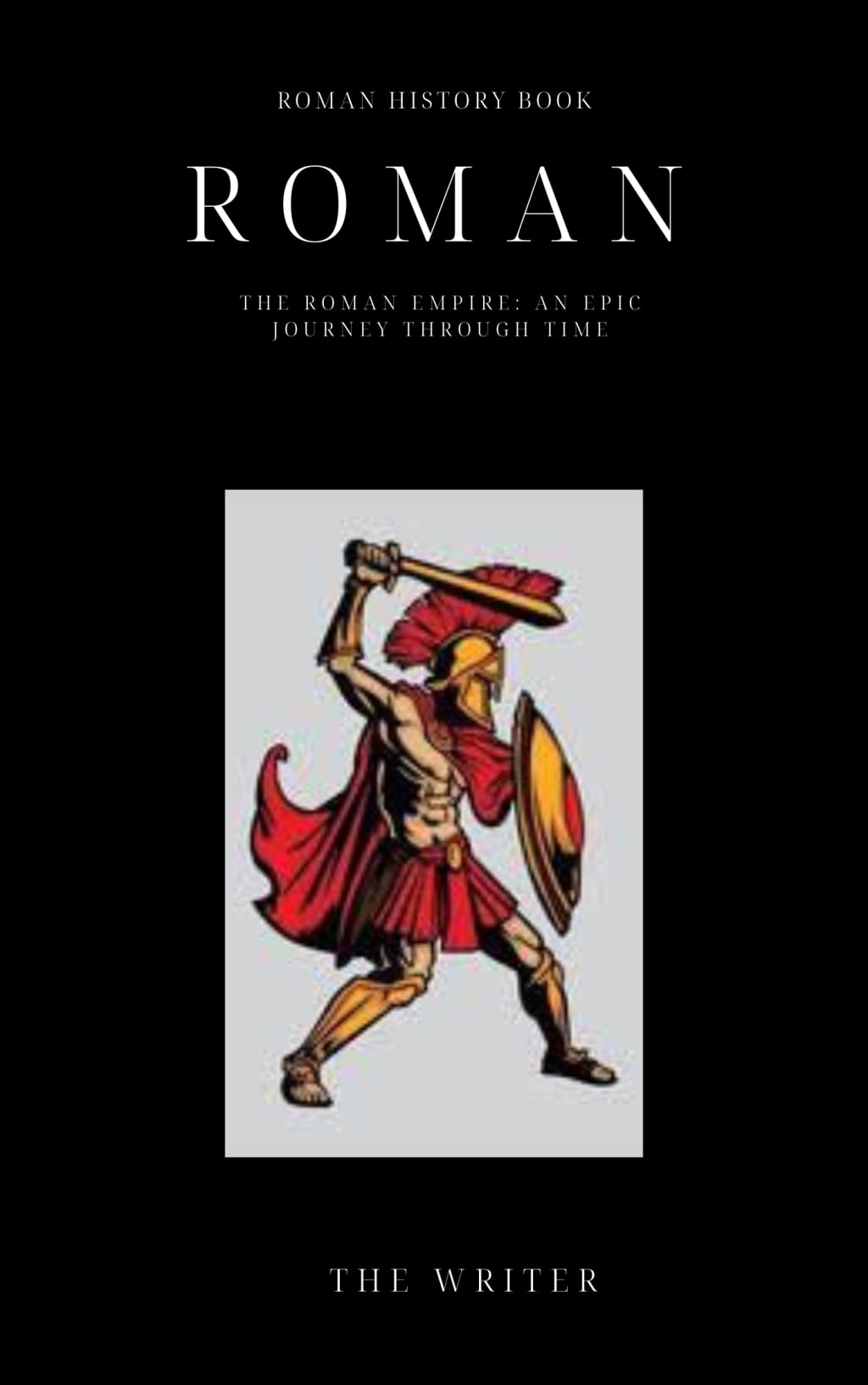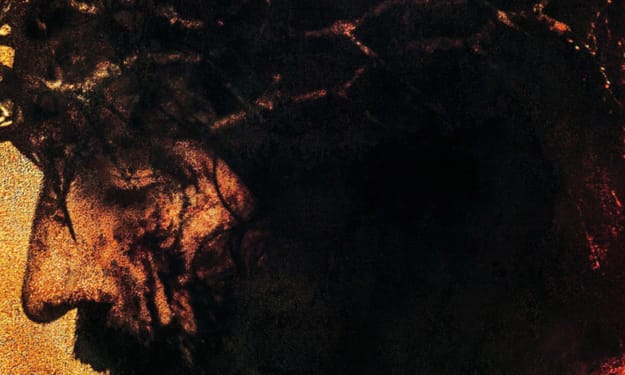The Roman Empire: An Epic Journey Through Time
Unveiling the Triumphs and Trials of an Ancient Superpower

The Roman Empire stands as one of the most influential and remarkable civilizations in history. Spanning over 500 years, it left an indelible mark on the world and shaped the course of Western civilization. From its humble origins as a small city-state to becoming a vast empire that stretched from Britain to Egypt, the Roman Empire's legacy continues to captivate and inspire us today.
Founding and Expansion:
The story of the Roman Empire begins in 753 BC with the legendary foundation of Rome by Romulus and Remus. Initially, Rome was a republic, governed by elected officials and guided by a complex system of laws. However, as the empire expanded, the Roman Republic transformed into an imperial state, ruled by emperors.
Under the Republic, Rome gradually expanded its influence through military conquests, annexing neighboring territories. The Punic Wars against Carthage in the 3rd and 2nd centuries BC marked a turning point, establishing Rome as the dominant power in the Mediterranean. With the defeat of Cleopatra and Mark Antony in 31 BC, Rome's transition to an empire began.
Pax Romana and Golden Age:
The Roman Empire experienced its golden age during the Pax Romana, a period of relative peace and stability that lasted from 27 BC to 180 AD. It was characterized by flourishing trade, infrastructure development, and the spread of Roman culture and law throughout the empire.
Emperors like Augustus, Trajan, and Hadrian oversaw significant expansions of the empire, constructing impressive buildings, such as the Colosseum and the Pantheon. They also invested in infrastructure, building roads, bridges, and aqueducts, which connected far-flung regions and facilitated trade and communication.
Society and Culture:
Roman society was structured into distinct social classes, with patricians, plebeians, and slaves comprising the majority. The Roman legal system, exemplified by the Twelve Tables, established the principles of justice that continue to influence modern legal systems.
Roman culture embraced Greek influences, adopting their gods and mythology while developing a rich artistic tradition. The Romans excelled in architecture, engineering, literature, and philosophy. Figures like Cicero, Seneca, Virgil, and Ovid produced works that are still studied today.
Decline and Fall:
The decline of the Roman Empire began in the 3rd century AD due to internal strife, economic instability, and invasions from barbarian tribes. Political instability and frequent changes in leadership weakened the empire's ability to govern effectively. The once-mighty empire split into the Western Roman Empire and the Eastern Roman Empire (Byzantine Empire) in 395 AD.
By the 5th century, the Western Roman Empire faced mounting pressure from Germanic invasions. In 476 AD, the last Roman emperor in the West was overthrown, marking the end of the Western Roman Empire. However, the Eastern Roman Empire, centered around Constantinople, continued to thrive for another millennium.
Legacy:
Despite its fall, the Roman Empire left a profound and lasting legacy. Roman law and governance systems provided the foundation for many modern legal and political systems. The Latin language evolved into the Romance languages spoken today, such as Italian, French, Spanish, Portuguese, and Romanian.
Roman engineering and architectural techniques, such as arches, domes, and concrete, influenced subsequent civilizations. The Catholic Church, with its roots in Rome, became a dominant force in medieval Europe. Moreover, Roman literature, art, and philosophy continue to inspire and shape our understanding of the ancient world.
The Roman Empire's journey from a small city-state to a sprawling empire remains a testament to human ambition, power, and the complexities of civilization. Its remarkable achievements in governance,
About the Creator
Enjoyed the story? Support the Creator.
Subscribe for free to receive all their stories in your feed. You could also pledge your support or give them a one-off tip, letting them know you appreciate their work.






Comments
There are no comments for this story
Be the first to respond and start the conversation.